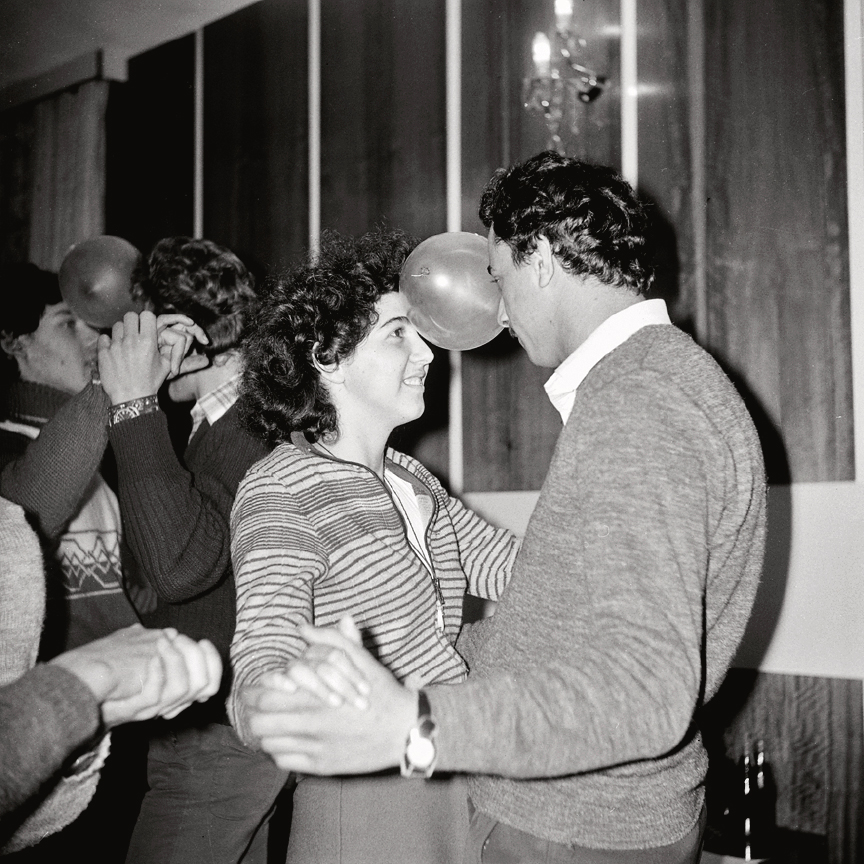Unofficially - Lucia Nimcova

The legacy of socialism? I think it is humiliation and indifference. You stand before a committee that decides your fate.
If you expect someone else to solve your problems, you expect reassurance as if it were free. Yet only gifts are free. Knowledge and action are the tools with which you can gain certainty; they are not given.
How can you pursue something you don't believe in? In order to believe in something or not believe in something, you have to grasp it in some way - unless it doesn't matter and you do it automatically. You have a plan and what you pursue also has a plan. Or there is no plan at all. Just a habit. Emptiness.

Imagine that you are living in a space - both physical and mental - that has been designated for you by some committee. Suddenly you discover that this space - both physical and mental - has become decidedly larger.
"Normalization" was an ideological program of social and political integration in Czechoslovakia after 1968. I see it as a therapy, a cure for the symptoms of freedom and democracy. Totalitarian by nature, the national consensus was introduced through political and motivational campaigns. Slogans and festivals for the masses created the scenery behind which the battles and political pushbacks took place.
The generation before us paid too much attention to being normal. But what does that mean? Is normalcy a state to aspire to?
My generation has avoided direct brainwashing by political ideology. We do not make collective mistakes or share collective responsibility.
Perhaps that is why I am so consistent in dealing with the archives. The lack of insurmountable obstacles allows me to take a more sober view of the situation. I have no excuses.
Socialism introduced indifference as our defining characteristic. My research convinced me that I came from a social context based on lies, excuses and slander. This is still true.
For some reason, in a small-town environment, the absurdity of the power game becomes very apparent. Maybe it's because people there have no real power - all they have is a position, a role they play. They don't make any socially meaningful decisions; they only pose a threat to their colleagues.
Today we wear our shiny Western faces, proud of our progress, but for me it's still normalization. The brainwashing we have undergone has prepared us well for whatever is to come.
Imagine that you are living in a space - both physical and mental - that has been designated for you by some committee. Suddenly you discover that this space - both physical and mental - has become decidedly larger.
A revolution is like a storm in a pond. The mud flows out to take a breath of fresh air, then quickly returns to its place.
Since 1989, most of the changes have taken place on the material level: new facades, new sidewalks, new stadiums. But society is made up of people, along with their beliefs and ways of doing things. If facades remain the main focus of our collective interest, what can we expect?
Translation from English:
Maja Hrehorowicz




Lucia Nimcova (born 1977 in Humenne, Slovakia); studied at the Institute of Creative Photography in Opava from 1996 to 2003,
and in 2007-2008 at the Rijksakademie van Beeldende Kunsten in Amsterdam; participant in many group and solo exhibitions, curator; the work we present took part in the ECB Award.
The article appeared in No. 28 of "Fotografia Quarterly" in 2009






